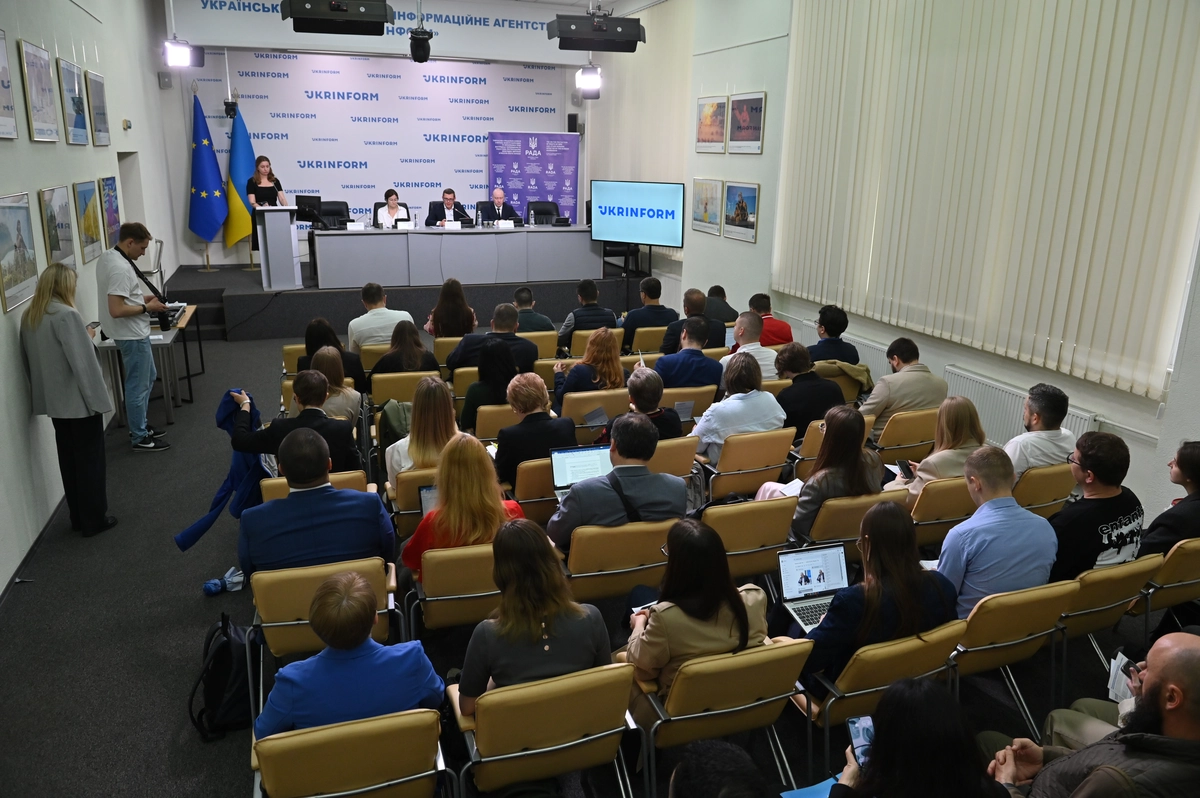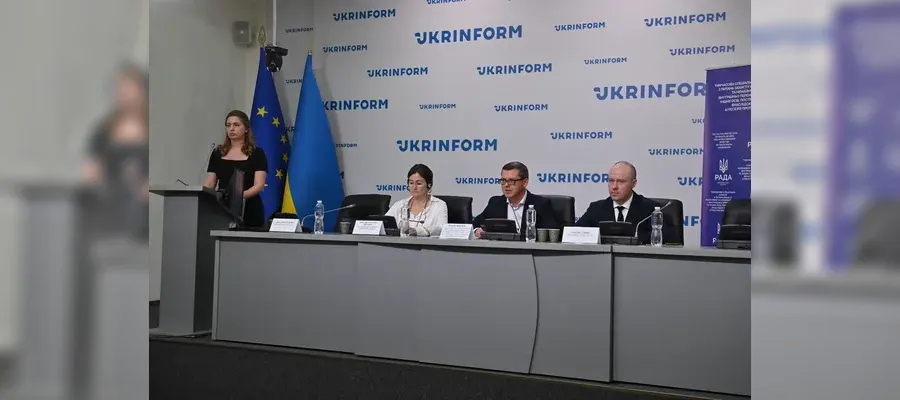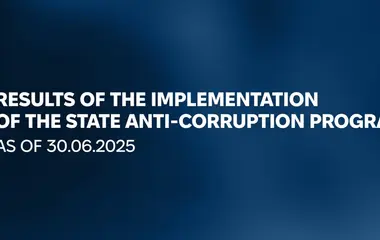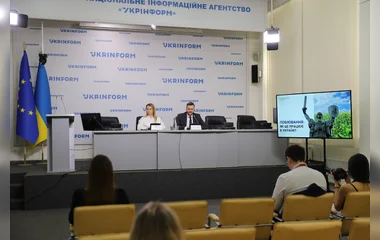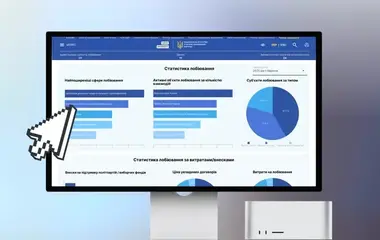Ensuring transparency and effective control are key conditions for the successful implementation of policies to provide housing for internally displaced persons (IDPs). This was emphasised by Serhii Hupiak, Deputy Head of the National Agency on Corruption Prevention (NACP), during the workshop ‘Housing for IDPs: inventory and anti-corruption control.’
‘The large-scale destruction of housing and social infrastructure as a result of the Russian Federation's armed aggression is not only a humanitarian crisis, but also a serious test of the state's ability to act effectively and honestly. Therefore, the issues of creating a housing fund for IDPs and rebuilding the country must be resolved as transparently as possible, with the involvement of effective anti-corruption mechanisms,’ he emphasised.
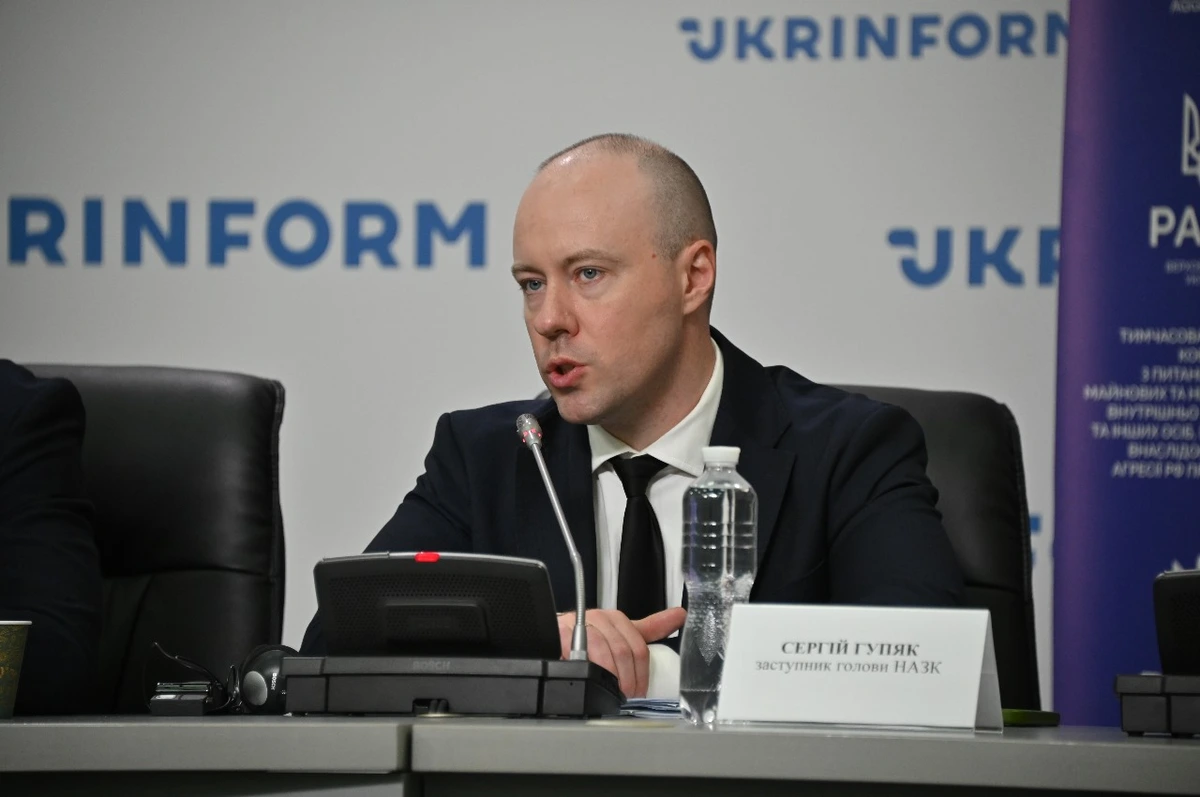
Serhii Hupiak noted that Law of Ukraine No. 4080, which regulates the provision of housing for IDPs, contains a number of important anti-corruption safeguards. In particular, it provides for the creation of a special information and analytical system for registering properties, which will ensure transparent monitoring, as well as the formation of coordination and inspection commissions. These may include representatives of local authorities and civil society organisations, which will promote the transparency of the process.
To minimise corruption risks, the NACP uses strategic analysis and anti-corruption expertise. For example, monitoring has already been carried out on draft acts of the Cabinet of Ministers of Ukraine developed to implement Law No. 4080, in particular regarding the procedure for surveying properties for the accommodation of IDPs and changes to the rules for the transfer of state and municipal property for lease.
In total, five draft government resolutions have undergone anti-corruption expertise, including documents on subsidies for housing rent for IDPs, the creation of a social rental housing fund, the provision of housing for residents of Mariupol, and other temporary resettlement mechanisms.
The Deputy Head of the NACP emphasised that it is not enough to simply adopt regulatory acts and introduce digital technologies in the field of housing for IDPs. ‘We all need to closely monitor the implementation of legislation in this area in order to identify and respond to possible corrupt practices and corruption risks in a timely manner.
The public, law enforcement agencies, parliamentarians and the NACP have the necessary tools at their disposal,' S. Hupiak emphasised.
For reference.
The event was held with the support of the International Rescue Committee (IRC). Speakers also included Pavlo Frolov, Head of the Temporary Special Commission of the Verkhovna Rada of Ukraine on the Protection of Property and Non-Property Rights of Internally Displaced Persons and Other Persons Affected by the Armed Aggression of the Russian Federation against Ukraine, Natalia Kozlovska, Deputy Minister of Community, Territory and Infrastructure Development, and representatives of international and public organisations.
Law of Ukraine No. 4080 of 20 November 2024 introduces a nationwide inventory of real estate that can be used for housing IDPs, the creation of a single register of such properties, transparent rules for property management to reduce corruption risks, and the possibility of effective monitoring of housing use. The inventory, which has already started, aims to identify real estate properties that can be used for temporary or permanent residence of IDPs. A key innovation is the creation of coordination commissions for the registration of real estate properties for IDP accommodation, which are formed at the regional, Kyiv city state and military administrations. They will function as temporary consultative and advisory bodies on a voluntary basis, i.e. with the participation of civil society representatives and without additional budget funding.
